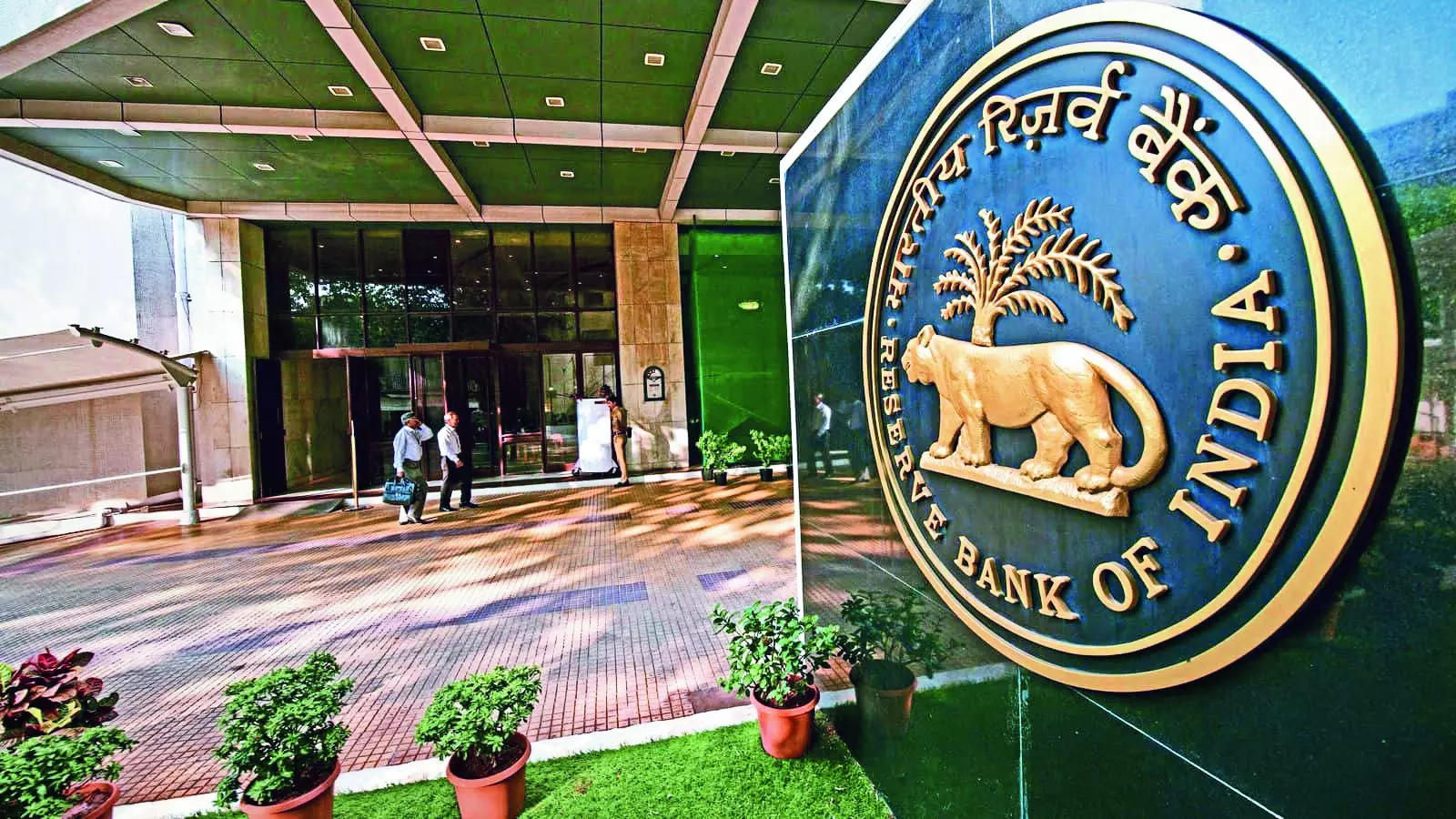RBI: RBI asks banks to monitor end use of corporate credit card funds.

This comes as the RBI cracks down on unregulated co-branding partners working with banks, in many cases accessing customer transaction data for their own business purposes.
The revised provisions specify that late fees and other related costs will be charged only for the amount unpaid after the due date, not for the total amount due.
The RBI guidelines, which are part of the master circular on credit and debit cards, will be implemented with immediate effect.
It also stated that when sharing card data with an outsourcing partner, responsibility for storage and ownership of card data lies with the ‘card issuer’.
It also states that data related to card transactions “must be pulled directly from the card issuer’s systems in an encrypted format and displayed on a highly secure Co-Branded Partner (CBP) platform.” The revised circular adds, “Information displayed through CBP’s platforms must be disclosed only to the cardholder and must not be accessed or stored by CBP.” The revised provisions shorten the period for updating the default status of credit information companies (CICs). Changes from ‘within 30 days’ to ‘within 30 days from payment date’.
It also emphasizes the importance of following procedures transparently, especially in the case of pending disputes.
The revised RBI rules require banks to provide cardholders with the option to modify their credit card billing cycle at least once. The existing provisions do not specify a minimum frequency for providing this option.
The regulator also said it had shortened the period within which cardholders can receive a satisfactory response to their complaints from ‘up to one month’ to ‘up to 30 days’.




